Solomon Popoli Linda (far left) recorded 'Mbube' – which means ‘lion’ in Zulu – with the Evening Birds.
The Government Communication and Information System (GCIS) in partnership with Brand South Africa, Mail & Guardian and Asham Television held a webinar on 29 September to conclude South Africa’s celebration of Heritage Month.
Every year, 24 September is commemorated in South Africa as Heritage Day, celebrating the cultural expressions and practices that form a body of knowledge and provide for continuity, dynamism and meaning to social life for generations and communities. South Africa possesses a vast and diverse array of intangible cultural heritage that our communities have inherited from their fore-bearers through oral song and music, experiential learning and apprenticeship.
This year’s theme pays tribute to the 60th anniversary of the death of singer and songwriter Solomon Popoli Linda, best known as the composer of the song Mbube which went on to become a phenomenal music success through Walt Disney’s film The Lion King as The Lion Sleeps Tonight and igniting isicathamiya a capella music in South Africa.
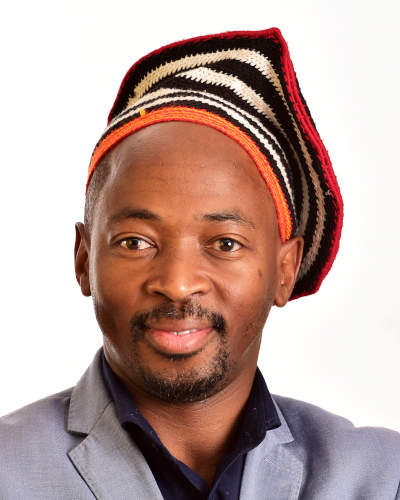 Ayanda Holo – International Media Relations Director, GCIS
Ayanda Holo – International Media Relations Director, GCISJoining the panel under the guidance of Ayanda Holo, GCIS Director for Media Engagement in the international space, were Phumla Williams (Director General of GCIS), Sthembile Ntombela (acting CEO of Brand South Africa), Nondumiso Mandisa Tshikwatamba (Deputy Director General of Department of Sports, Arts and Culture), Shamiso Hlatshwayo (acting General Manager of Research at Brand SA), Andile Yenana (music lecturer from TVET), Tiblet Tesfaye Dejene (musician and journalist from Asham Television in Ethiopia) and advocate Katlego Malatji (entertainment lawyer from Home Coming Africa) as well as a surprise guest — Mthandazo Gatya, whose rendition of John Legend’s song Nervous trended on social media, taking his career to new heights.
Delivering the keynote address, Williams said: “Just as Solomon Popoli Linda chose to use his music to create greater social cohesion and unity, we too must find ways within our spheres of influence to make a fundamental change. A change that strengthens social cohesion in South Africa and in the continent as a whole. A change that should also appreciate the economic benefit of the artists.”
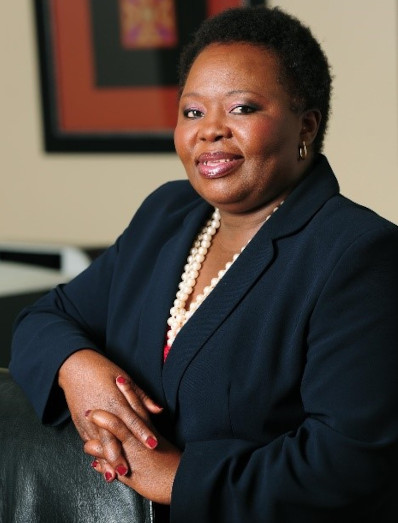 Phumla Williams – Director General of GCIS
Phumla Williams – Director General of GCIS She added: “The power of music to unite and inspire people is well known. Through music, we form bonds with others and venture out beyond our own small social circles. Music will continue to unite and inspire, however, it is up to us to use its galvanising power to build a better tomorrow.”
This set the tone for the discussion. Next up was Tshikwatamba who spoke about the purpose and aims of Heritage Month, emphasising that music in our country is performed in many languages and that this forms part of our heritage. She said that indigenous languages should be cherished and taught to children at school level so that the country’s rich traditions can be celebrated and preserved.
 Mandisa Tshikwatamba
Mandisa TshikwatambaTshikwatamba noted that artists’ interpretation of their struggles under apartheid came with compromises and hardship, such as Miriam Makeba being exiled and her music removed from the shelves in South Africa. However, music has the power to transform society and we should be proud of artists’ achievements.
Although Linda was not recognised for his astonishing sound during his life, the world’s response was phenomenal. Music, and art, do not die along with their creators, but live on and inspire others, Tshikwatamba said. It has the power to transform society.
Unexpectedly, Holo then shared a video of John Legend performing his song Nervous with a young South African musician, Mthandazo Gatya, which took it to another level. Gatya, who is trending on social media, explained that he participated in a Tik Tok challenge, adding that his rendition brought an African touch to the song that global audiences loved.
 Shamiso Hlatshwayo
Shamiso Hlatshwayo Gatya said that although music is a universal language it also presents the possibility of recognising and promoting African languages. Music should be put to good use, he said, by addressing social ills and educating young people with a positive message.
Hlatshwayo agreed, saying musical heritage is the foundation of a nation’s identity. The acting General Manager of Research at Brand SA’s emphasis was on our collective memory, which defines South Africa as having diverse voices and cultures that should be celebrated. Music, heritage and memories make us unique, Hlatshwayo said, urging all South Africans to believe in South Africa as having a unique contribution to the world.
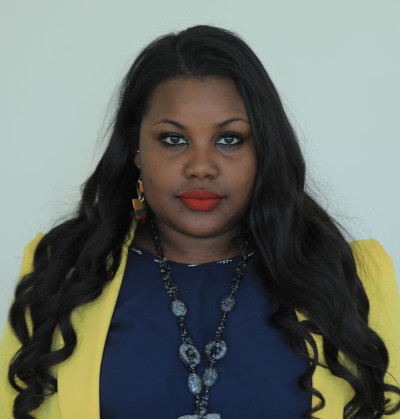 Tiblet Tesfaye Dejene
Tiblet Tesfaye Dejene One of the most endearing features of the GCIS Africa webinars is the inclusion of participants from other African countries. Joining the discussion from Ethiopia, Dejene spoke about how political issues such as conflict take centre stage globally, it is entertainment that captures the attention. Music and dance, she said, have the power to pass on values and aspirations across generations and nations.
Dejene said African culture is valued and recognised in its own right and that it is vital that artists continue to contribute to shaping our experiences.
Holo mentioned that Dejene, besides being a lauded journalist, is an amazing singer and asked whether she would sing a phrase of a song. Put on the spot, she did not hesitate to share her beautiful rendition of a verse from Ethiopia’s anthem — the sweet undulating tones of honour to her nation resonated with the theme of the webinar in celebrating Africa’s heritage through music.
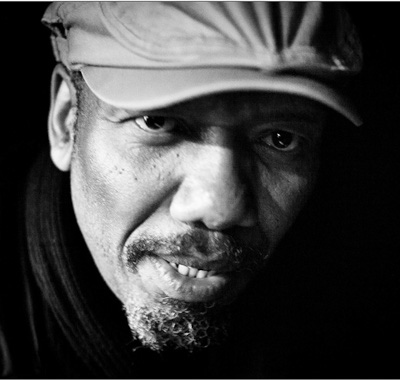 Andile Yenana
Andile YenanaLecturer and award-winning pianist Yenana was up next. He spoke about the broad scope of musical genres and talent from South Africa, pointing out “the resilience of those who come before us”.
He said that isicathamiya as a form of music is in contrast to the foot-stomping and hard-hitting expressions his students are more familiar with.
Yenana said that although Linda never left the country, his music did. Linda did not receive the acknowledgement or royalties he deserved, but the song penetrated the hearts and minds of many around the world.
His students’ reaction to hearing the original version of Mbube without knowing the history revealed their preference for the better-known Disney version, which Yenana called watered-down. He described how the tippy-toe song expressed the deep-seated struggle with apartheid. People had to tread lightly in their criticism of apartheid, which is what isicathamiya does.
 Katlego Malatji
Katlego Malatji Yenana said the genre is not heard these days, largely because there is no need to tip toe around “oppressive situations” anymore. While acknowledging the theft, Yenana confirmed that the popular version took the song beyond boundaries, elevating Africa.
Holo picked up on this and asked what the relevance of isicathamiya is today. “The inheritance of oppression is part of our heritage,” he said. It is important to remember what happened in South Africa. He explained that the song talks about men being bussed to mines, plucked from their families and culture to enrich others. But the lion never sleeps.
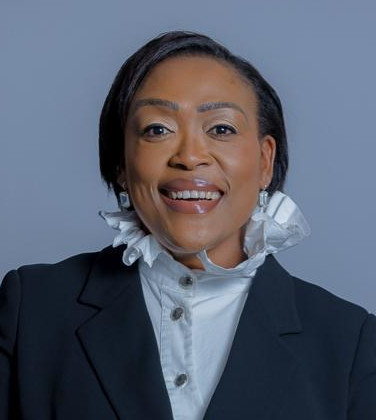
Sthembile Ntombela The next panellist, Malatji, agreed, saying the song was about exploitation but also has a very positive message. He said that musicians are more aware of their rights and that they have become more professional by engaging agents, lawyers, accountants and managers to ensure their intellectual and artistic property is protected. The narrative has shifted, he said.
Finally, Brand SA’s Ntombela concluded the discussion by saying that people are a nation’s greatest asset and influence how the world sees us.
“Let us all unite and celebrate together in safeguarding our heritage. Let us be proud Africans”
Hear the original version of Solomon Linda’s Mbube at https://www.youtube.com/watch?v=mrrQT4WkbNE
Watch the full webinar at https://www.youtube.com/watch?v=xjqyl3mxrIs
